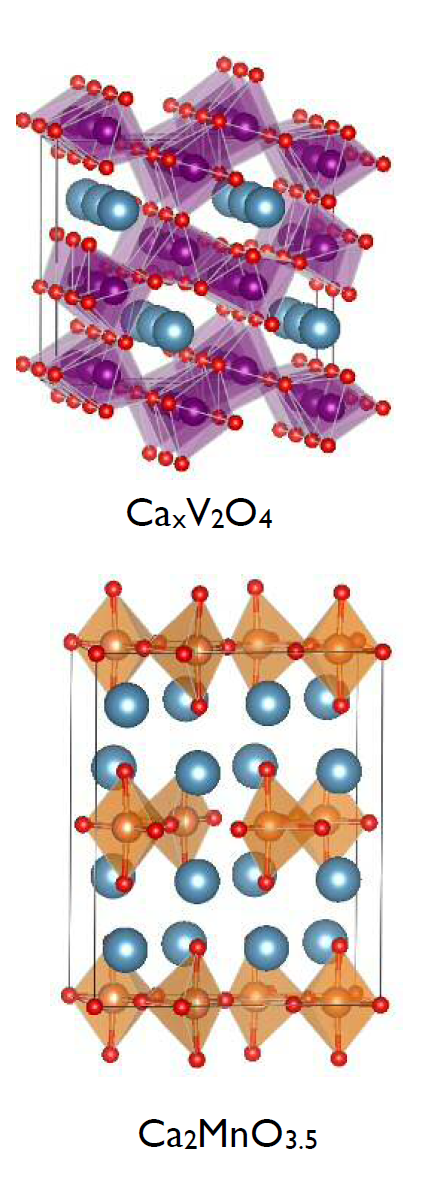Internationale Partnersuche
Innovation & Technologie Angebot
New electrodes for calcium batteries
Country of Origin: Spain
Reference Number: TOES20210415002
Publication Date: 10 May 2021
Summary
A Spanish research institution has developed new active materials for calcium-based secondary (rechargeable) batteries. They can be used as positive electrodes and enable a cell voltage over 3V coupled to calcium metal negative electrodes and organic electrolyte solutions. Industrial partners are being sought to collaborate through patent license and research cooperation.
Description
A Spanish research institute has developed new positive electrodes for calcium-based batteries.
Lithium based secondary batteries are widely used nowadays. They have cells with a positive and a negative electrode whose active materials are capable of accepting and releasing lithium ions, as well as an electrolyte arranged between them and including lithium ions.
Calcium is much more abundant in nature than lithium and bivalent, so that two electrons are exchanged per each calcium ion. Calcium metal could be a suitable negative electrode material for rechargeable batteries with high energy density, provided positive electrodes are developed which enable high cell voltage. Calcium batteries are underdeveloped due, amongst others, to the difficulties in such positive electrode materials.
We describe two calcium transition metal oxides which can be used as active materials of a positive electrode in a calcium-based secondary battery.

Advantages and Innovations
- High operation voltage.
- High electrochemical capacity.
- Low energy barriers for calcium ions migration.
- stable crystal structures.
- Affordable production, as based on abundant elements on the earth crust.
Stage Of Development
Under development/lab tested
Requested partner
Industrial partner in the energy storage sector interested in the development, commercialization of the technology under a license agreement are sought.
- Licensing agreement: the partner would license the technology to carry out commercialization.
- Research cooperation agreement: the partner and the Spanish research institution could undertake a joint effort to further develop and optimize the product, addressing to specific needs of the market.
Kooperationsanfrage stellen

